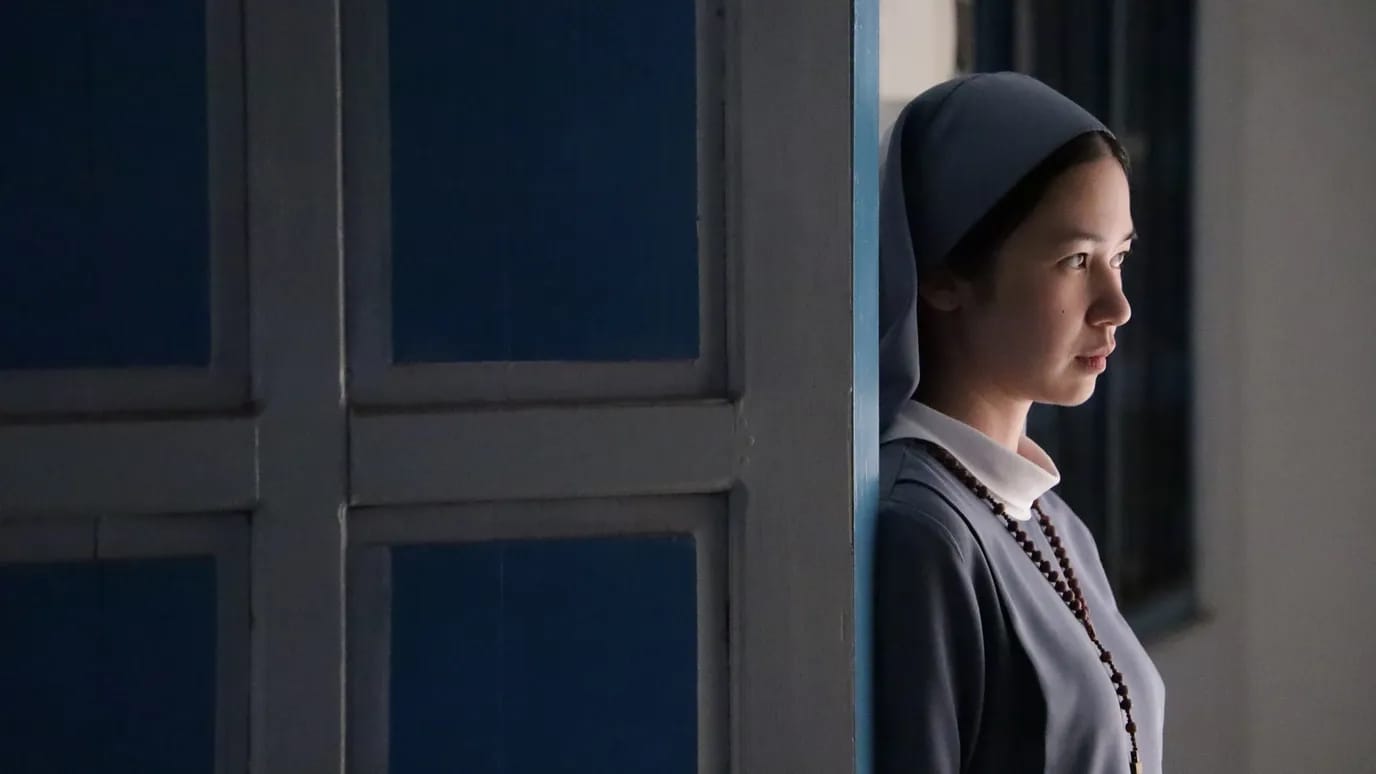Yohanna

Just around 530 km to the southeast of Bali, one of the wealthiest places in Southeast Asia, sits one of the region’s poorer areas: Sumba, Indonesia. Nearly half of all children do not finish their basic education and the mortality rate for diseases like malaria, cured and perfectly treatable in most of the world, is startling. And, as the pattern of economics dictates, crime follows poverty.
This is the setting for Yohanna, the latest from director Ertanto Robby Soediskam. Sister Yohanna (Laura Basuki) ventures into Sumba with the noble enough task of administering aid to cyclone victims. Life on the island is rough and the Catholic nun learns this the hard way when the lorry she borrowed is stolen. She doesn’t technically owe the man any money since he lent it to her on nothing more than her trustworthiness: “You have my word.” That’s enough to trouble the sister’s conscience, though. Challenged by thieves, police raids, and the prevalence of child exploitation, her faith in both God and humans quivers.
The descent of the titular nun into her Dark Night of the Souland the spectacular performance by the Indonesian star Laura Basuki rouses the picture’s primary appeal: a monastic (or even reverent) and empathy-based Sturm und Drang. Its religious meanings abstracted, the primary success of Yohanna as a piece of art is not that different from the appeal of Uncut Gems (Safdie Brothers, 2019) with the (pitiful) descent of Howard (Adam Sandler). Both share the same sort of fascination that humans tend to have toward car crashes: despite recognising the hideousness of the random clash, it’s difficult to turn away and not for any insidious motive but simply out of a natural, curious empathy.
Continue reading at Dmovies.